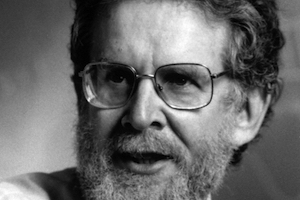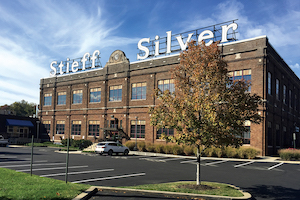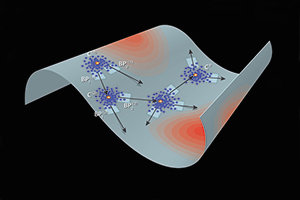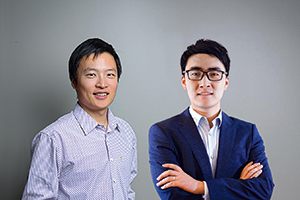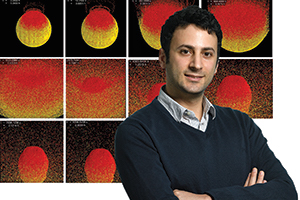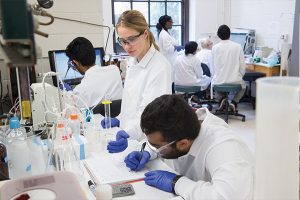
Upstarts: A New Focus for Solar Cells
Next-generation materials for solar cells are cheap, flexible, and transparent, attributes that give them potential for creating films to coat windows or buildings. But defects that accumulate at large scales prevent them from being used for practical power generation.




